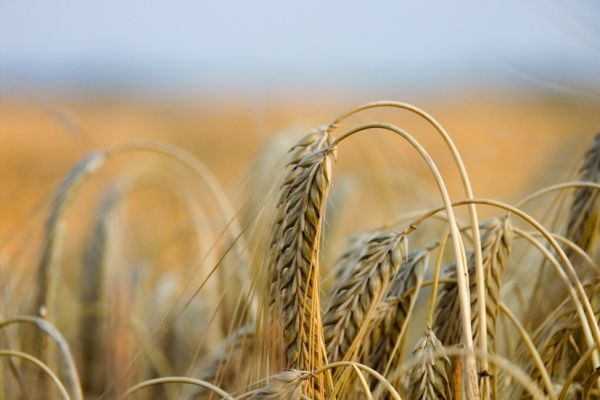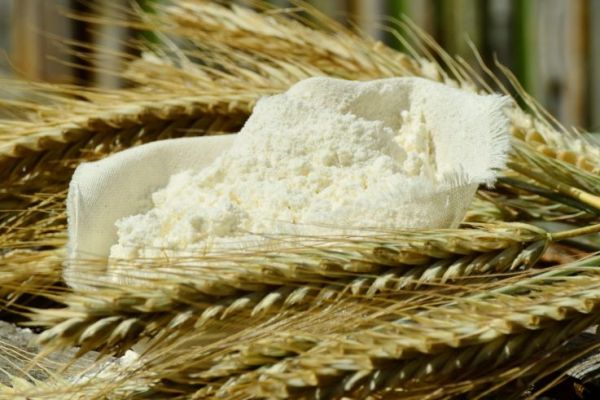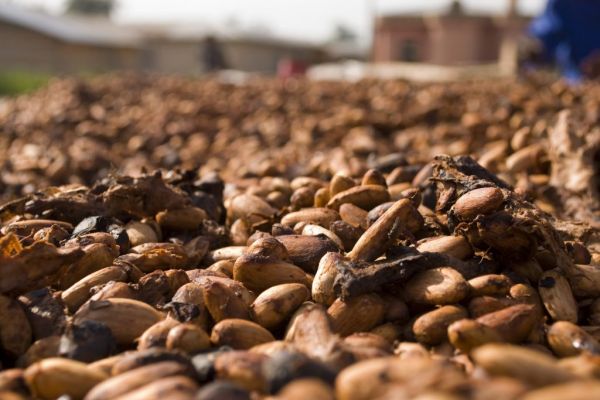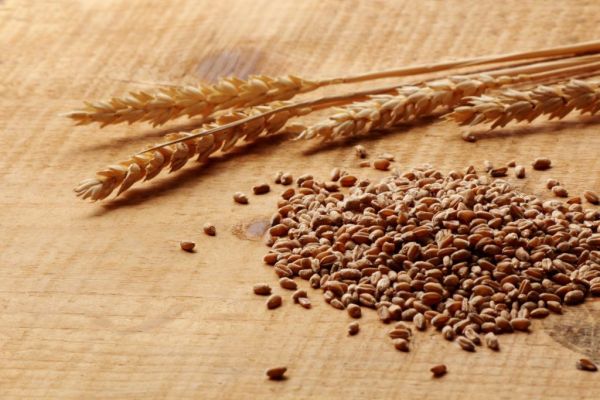Russia’s wheat fields are expected to see warm, dry weather in the next two weeks, a relief for farmers that have struggled with a cold and soggy planting season.
Wet fields of winter wheat will start drying out, which would benefit the crop to be harvested next month, according to Commodity Weather Group. Later in June, most models show rain will return, which would replenish soil moisture and keep the crop in good shape, said David Streit, a forecaster for the Bethesda, Maryland-based firm.
“Russia has a good soil moisture supply in place going into this drier spell that the wheat can tap into,” Streit said, adding that the dry weather will help prevent disease.
Bad weather has lowered expectations for Russia’s total grains production, and traders are closely watching weather forecasts ahead. Earlier this month, the Agriculture Ministry cut production estimates to as low as 100 million metric tons from a previous forecast of 110 million tons, according to a report from Tass news service, which cited an interview with the minister.
Cold, Wet
Earlier in the year, cold weather in central and southern Russia, the main areas for winter wheat, raised the risk of delays to the wheat and barley harvest. It’s also possible that central and eastern Ukraine, and central portions of Russia’s North Caucasus could see lower yields, said Kyle Tapley, a senior agricultural meteorologist at MDA Weather Services.
“I don’t see major problems for the winter wheat except for some falling behind with vegetation, but it is not the major issue,” said Dmitry Rylko, director general of Institute for Agricultural Market Studies in Moscow.
The weather could be a bigger problem for spring crops, such as wheat, barley and corn, which are falling behind in planting and development, he said.
In the spring-wheat areas of Volga region and the Urals, the fields will likely remain cold and wet over the next 10 days, which could slow planting and early crop growth, said Tapley of MDA. However, conditions could improve later in the season, he said.
Sowing of spring wheat, the smaller of the two main wheat harvests in Russia, are lagging behind last year’s pace. Plantings account for 12.5 million hectares (30.9 million acres) as of June 2, compared with 13.3 million hectares a year before, according to the Agriculture Ministry.
Spring wheat, mainly grown in Siberia, usually accounts for a third of Russia’s total harvest.
News by Bloomberg, edited by ESM. Click subscribe to sign up to ESM: The European Supermarket Magazine.














